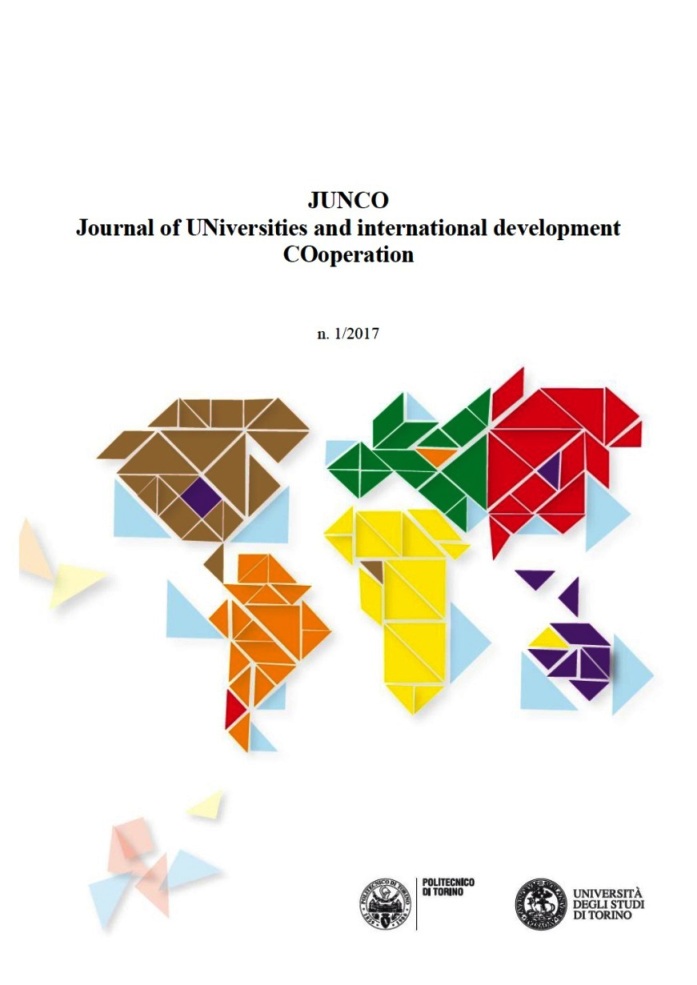CONTRIBUTION DU SYSTÈME DE RIZICULTURE INTENSIF (SRI) À LA DURABILITÉ DES EXPLOITATIONS AGRICOLES AU SUD DU TOGO
DOI:
https://doi.org/10.13135/2531-8772/2166Abstract
The System of Rice Intensification (SRI), an agro-ecological technology, has been popularized in Togo since 2011. This study is carried out to assess the level of adoption and sustainability effects of SRI on farms. The study targeted 33 farms of SRI practitioners and 13 farms of conventional rice farmers. The Agricultural Sustainability Indicators (IDEA) method is used.
The study found that the principles of transplanting one single two-leaf plant and a plant spacing at 25 cm (wide apart in square pattern) were adopted by 74% of SRI practitioners. Increased returns (20%), local labor compensation (87%), asset values (89%) and gross operating surplus (63%) per unit of human labor (UTH) and the reduction of pollutant pressure are the main contributions of the SRI to the sustainability of farms. The monoculture of rice, the low input of compost and the financial service of the traders are the main barriers of the adoption of SRI and the sustainability of farms.
Four years after the introduction of the SRI, progress in sustainability is certainly noticed, but efforts must be made to adapt technology.



